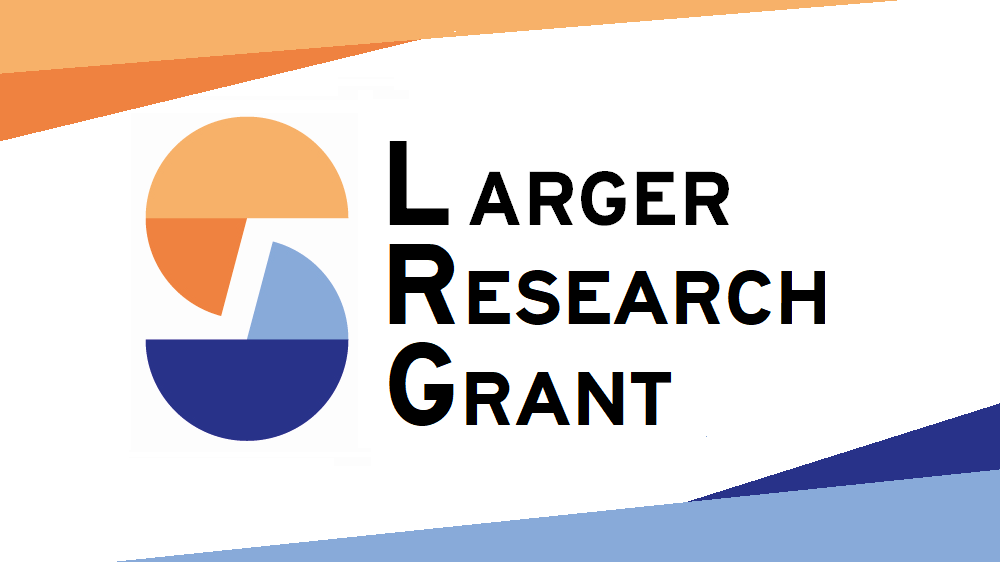Extreme weather events are increasingly common as a result of climate change. Poor households in developing countries are disproportionately impacted due to their location, occupational choices and resource constraints. Yet little is known about how natural disasters affect these households, the actions they take to cope, and the barriers they face in doing so. This project studies these questions in the context of the 2022 flooding in Pakistan, which affected 33 million households and left one third of the country under water. In specific, the authors will i) document the effects of the catastrophic flood, including costs of adaptation, and ii) test which frictions prevent adaptation to climate change through migration and occupational change.
The project will compare low-income, rural households across 6 districts of Sindh who vary in their exposure to the 2022 floods. It will use plausibly exogenous variation in local flood exposure to document how households (i) cope with the immediate consequences of floods, and (ii) make forward-looking investments to insure against future shocks. Central to the project will be the collection of new panel data on a random sample of 5,100 poor, rural households, which includes rich data on flood damages, coping strategies, and adaptation. In addition to documenting the consequences of this historic catastrophe, the authors will test for three frictions that may explain limited adaptation to climate change through migration and occupational change: (i) physical distance to migration destinations; (ii) presence of strong village networks; and (iii) ownership of sector- or location-specific immobile assets.
In the face of advancing climate change, it is increasingly important to understand how policy can be designed to protect people from extreme weather events, and support them to adapt to a changing climate through migration and occupational change. To ensure the findings of this project will be useful to primary stakeholders such as the Government of Pakistan and donor organisations like the World Bank, the research team will collaborate with local partners wherever possible. During the project period, they plan to produce an online dashboard which will automatically update as new survey data are gathered. Subject to data protection, the authors will then produce a publicly available, aggregate version of this dashboard.













































